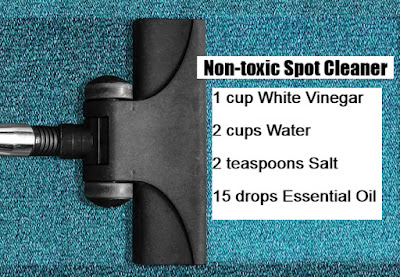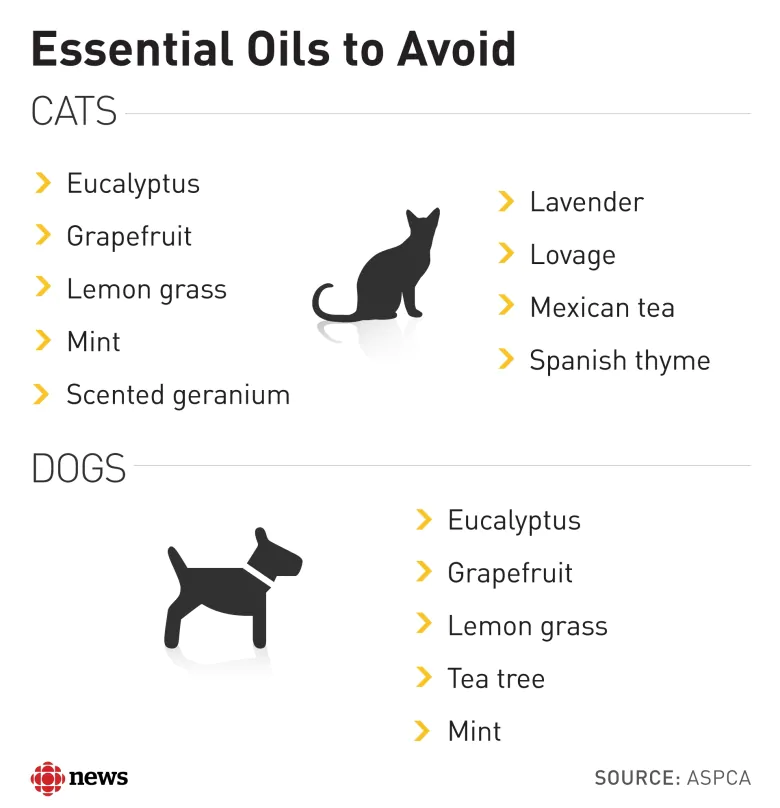 |
| Lest We Forget |
 |
A U.S. Long-Range Patrol Team Leader in Vietnam, 1968
By Icemanwcs - Own work, CC BY-SA 3.0,
https://commons.wikimedia.org/w/index.php?curid=28230832
|
Not everyone who serves in combat experiences PTSD. Those who do, generally begin to have their flashbacks about three months after the traumatizing event, although they may not re-experience the trauma for several years.
The victim of PTSD generally tries to avoid anything that reminds them of the traumatic event, and avoids talking about it. My husband grew up in a family where the parents spoke very little about their lives and relationships during World War II in Europe. Recognizing the horrors that they probably experienced-- both as a soldier and a civilian-- it is easy to understand how they were both attempting to keep a re-play of the traumas at bay.
Intrusive thoughts, nightmares, dissociative behaviours, and 'flashbacks' create a position of over-vigilance that can very quickly become sleepless exhaustion. Everything presents as 'danger' or menace to the tortured individual.
Typically, anxiety, depression and suicidal ideation become the norm. Fairly frequently, co-morbid substance abuse is a way of coping. Alcohol, pain killers, and other drugs are used together to try to get the optimal blurr on the behaviours associated with the PTSD.
Go To Watch Party for People Struggling with PTSD
Adrenalin, the kick-in-the-rear hormone to stimulate a flight to somewhere safe, generally floods the brain and body at the time of trauma. This flight-or-fight pattern will tend to be repeated during stressful episodes, even after there is no danger of a re-traumatizing event.
The biochemical make-up of the brain and body undergo changes with PTSD.
The amygdala (shown as a little flame in the diagram above) functions around emotions, memories and hormonal release. The amygdala apparently takes a "memory trace," or a small part of a memory, and consolidates it-- makes it a long-term memory, and in the case of PTSD, a recurring memory during flashbacks, intrusive thoughts and the like. So, if during the traumatic experience, the individual saw something like his buddy wiped out by a bomb explosion, the many sensory aspects of those few seconds or minutes might store as separately and repeatedly significant little memories-- the smell of burning flesh, the body parts flying in the air, the screams and groans of death and mortar exploding, his own shameful inability to do anything to save his friend, and his body's shameful incontinence as a primal expression of fear and a "lightening of the load" so that he can run faster. All of these emotions and perceptions will be fused as a consolidated memory of the trauma events, along with a powerful dump of adrenaline. After the event, maybe years down the line, some small "memory trace" will trigger a PTSD event.
The intrusive symptoms, numbing, and arousal symptoms are the three major areas of presentation with PTSD. Attempting to cope 'normally' is frustrating and often results in a depression-like state of flattened affect, sleeping disturbance or sleeping too much, memory glitches, inability to concentrate, and suicide ideation. Anxiety and guilt are amped up for survivors. Without helpful intervention, many survivors give up and attempt suicide. For a clear understanding of war-related PTSD and what can be done to help, see the Ted Talk "The Psychology of Post-Traumatic Stress Disorder". (6 minutes)
PTSD is hell for the survivor and for their families. Watch the PTSD 101 TedTalks (below) to get a good understanding of how war stress affects the brain, the body, and your family. There is at least one video there for everyone.
If you prefer to read rather than watch a video, read about complete what 'war stress' entails and how to treat it with healthy ways, take a look at this .PDF document from the US Veterans Affairs.
HELPFUL INTERVENTIONS WITH ESSENTI
THE PTSD BRAIN
 |
| Locales in the brain dealing with stress and post trauma stress. Image from Wikipedia. |
The biochemical make-up of the brain and body undergo changes with PTSD.
The amygdala (shown as a little flame in the diagram above) functions around emotions, memories and hormonal release. The amygdala apparently takes a "memory trace," or a small part of a memory, and consolidates it-- makes it a long-term memory, and in the case of PTSD, a recurring memory during flashbacks, intrusive thoughts and the like. So, if during the traumatic experience, the individual saw something like his buddy wiped out by a bomb explosion, the many sensory aspects of those few seconds or minutes might store as separately and repeatedly significant little memories-- the smell of burning flesh, the body parts flying in the air, the screams and groans of death and mortar exploding, his own shameful inability to do anything to save his friend, and his body's shameful incontinence as a primal expression of fear and a "lightening of the load" so that he can run faster. All of these emotions and perceptions will be fused as a consolidated memory of the trauma events, along with a powerful dump of adrenaline. After the event, maybe years down the line, some small "memory trace" will trigger a PTSD event.
The intrusive symptoms, numbing, and arousal symptoms are the three major areas of presentation with PTSD. Attempting to cope 'normally' is frustrating and often results in a depression-like state of flattened affect, sleeping disturbance or sleeping too much, memory glitches, inability to concentrate, and suicide ideation. Anxiety and guilt are amped up for survivors. Without helpful intervention, many survivors give up and attempt suicide. For a clear understanding of war-related PTSD and what can be done to help, see the Ted Talk "The Psychology of Post-Traumatic Stress Disorder". (6 minutes)
PTSD is hell for the survivor and for their families. Watch the PTSD 101 TedTalks (below) to get a good understanding of how war stress affects the brain, the body, and your family. There is at least one video there for everyone.
If you prefer to read rather than watch a video, read about complete what 'war stress' entails and how to treat it with healthy ways, take a look at this .PDF document from the US Veterans Affairs.
HELPFUL INTERVENTIONS WITH ESSENTI













